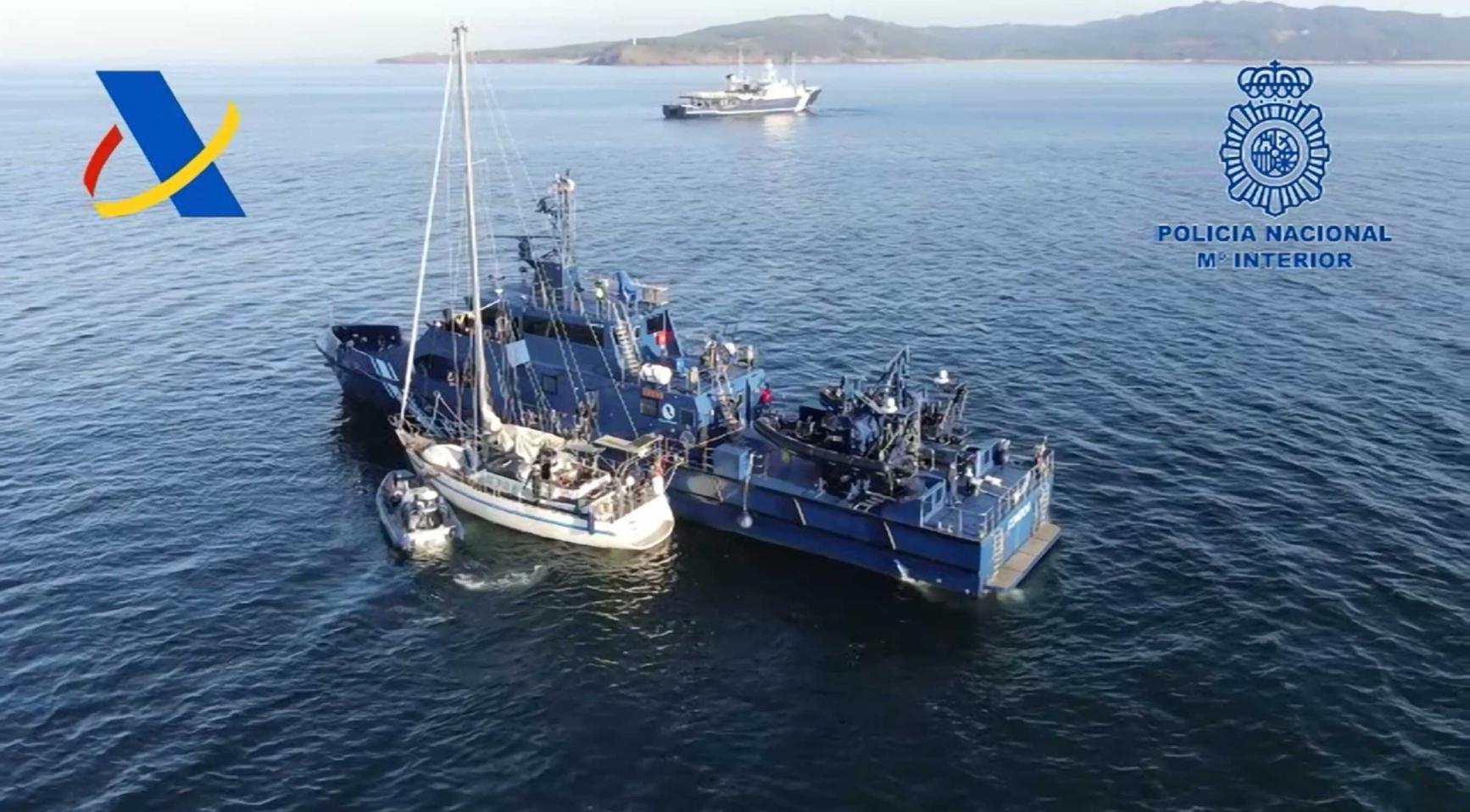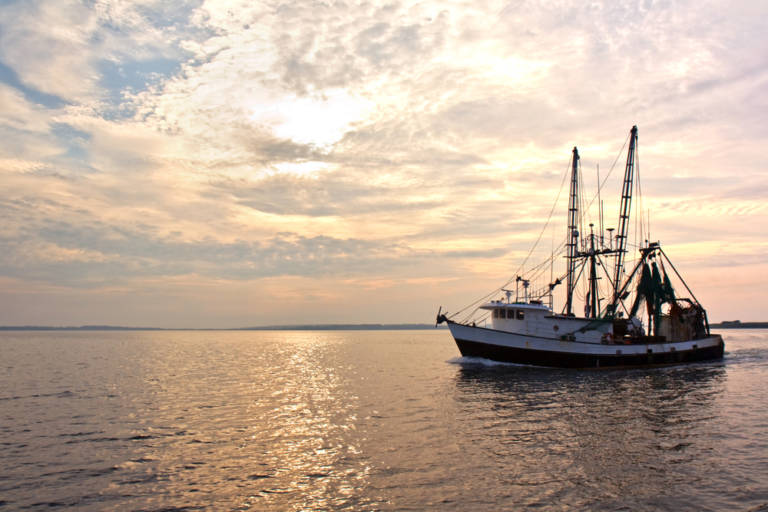Palinurus
The Living Force
Source: Netherlands no longer Europe’s safe, quiet hamlet; Police chief blames organized crime
Coverage in Dutch: Politiechef: Nederland niet meer rustige eilandje in Europa
Related news: Verdict expected Monday in case of assassinated Amsterdam attorney Derk Wiersum
Sunday, October 10, 2021 - 17:00
Netherlands no longer Europe’s safe, quiet hamlet; Police chief blames organized crime
The Netherlands is no longer a safe, low-crime haven in Europe, Amsterdam chief of police Frank Paauw said on the television program Buitenhof on Sunday. He responded to stories related to organized crime, such as the murders of crime reporter Peter R. de Vries and lawyer Derk Wiersum.
Midden-Nederland police chief Martin Sitalsing said he is “naturally” concerned about organized crime in the Netherlands. Arrests are made very quickly, according to Sitalsing. “What we see is that we are getting the most out of the investigation.”
Sitalsing said he was particularly concerned about the young people who join organized crime. When young people lack perspectives “then, the choice to get involved in crime becomes very powerful.”
“The concerns are great,” Paauw agreed. The Amsterdam police chief indicated that in order to tackle organized crime, more preventive work needs to be done in the neighborhoods to offer young people opportunities so they do not resort to organized crime.
In a press release from the police about the appearance in Buitenhof of Paauw and Sitalsing, along with police chief Gerda van Leeuwen, it was stated that all neighborhoods and streets in the Netherlands deserve police presence. To fulfill that role the police require sufficient staff, as well as, modern ICT resources, the press release said.
“A police force should not only intervene afterward but be able to identify problems as early as possible and step in when necessary”, the statment said.
Recently, the Cabinet has been aiming to fight subversive crime, which can include collusion between the underground crime network and people working in important positions. The new Cabinet needs to be aware of the importance of investing in the police force to fight organized crime, the police chiefs said.
Reporting by ANP.
Coverage in Dutch: Politiechef: Nederland niet meer rustige eilandje in Europa
Related news: Verdict expected Monday in case of assassinated Amsterdam attorney Derk Wiersum
Sunday, October 10, 2021 - 08:01 AM
Verdict expected Monday in case of assassinated Amsterdam attorney Derk Wiersum
Since the end of March 2018, three murders committed in the Netherlands shook the rule of law to its core. All three seemed to be tied to the controversial Marengo criminal proceedings, the name of an ongoing trial which already covers multiple assassinations, attempted homicides, and plots to commit murder.
The first victim was the brother of Nabil B., the key witness for the prosecution in the trial, then his attorney, Derk Wiersum, and finally his confidant and advisor, the investigative journalist Peter R. de Vries. In the case of the Wiersum murder, the Public Prosecution Service (OM) demanded a life sentence in closing arguments against the two suspects in mid-July. The suspects denied their involvement in the murder. They will hear the court's verdict on Monday. With the rare maximum sentence, the OM said it wanted to send "a clear and crystal-clear signal" that this is not acceptable in any way.
The murder of the B.’s brother, Reduan on March 28, 2018, caused trepidation also because it was committed shortly after the announcement of a deal between the State’s witness, Nabil B., and the judiciary. Wiersum’s murder on September 18, 2019, shocked the nation and led to tightened security measures around the Marengo Process. After the attack on Peter R. de Vries on July 6, 2021, the Netherlands was stunned, and held its breath for nine days hoping he would survive the ordeal. The country mourned collectively, and spontaneously, when he subsequently succumbed to his injuries.
The opinion of organized crime has changed partly due to these three murders, according to many. The international cocaine trade is the defining backdrop of organized crime in the Netherlands. Billions of euros are at stake, leading to brutal, utterly unscrupulous acts of violence. Traitors, renegades, rivals, and enemies are handled without mercy. Eye for an eye, tooth for a tooth. The use of Kalashnikovs has become commonplace.
There have been attacks on the editorial offices of both Panorama and De Telegraaf. An unknown number of threatened journalists now have security details. When batches of cocaine are intercepted, sometimes due to authorities being tipped off, attacks, threats, and kidnappings soon follow. This often draws unwitting innocent civilians into the violence.
Suspects arrested for the three execution-style murders seem to be directly related to the existence of the Marengo Process key witness. The conviction and eventual 28-year prison sentence given to Shurandy S. was upheld by the highest court in the Netherlands, and cannot be appealed. He was convicted of killing Nabil B.’s brother. The two men in custody for the violent murder of Peter R. de Vries will appear for the first time in a public court hearing on October 18.
The murders may be part of a terrorism campaign. The investigation has attempted to determine who is directing the campaign. Ridouan Taghi, the main suspect in the Marengo case, is frequently referred to, but his lawyers said this is disgraceful. They claim there is not a shred of evidence linking Taghi to the three assassinations. One of Taghi’s relatives is a suspect in the Wiersum murder plot, but he is no longer in pre-trial detention for the crime. The investigation into other associates and intermediaries is still ongoing.
Reporting by ANP.




